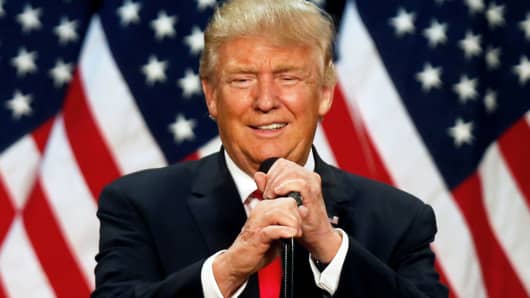Delegates to the Republican National Convention will gather in less than two months and are expected by most to nominate businessman Donald Trump for president. But it's not quite so simple or certain – Trump will still have one last sales job ahead of him, persuading the delegates to choose him at the convention before he can claim the nomination.
This is because each and every delegate has complete freedom to vote their conscience at the convention, including who the party's nominee should be. This may come as a surprise to many, particularly those who are reading about Trump's recent win in the Washington state primary and how close he is to "clinching" the Republican nomination.





